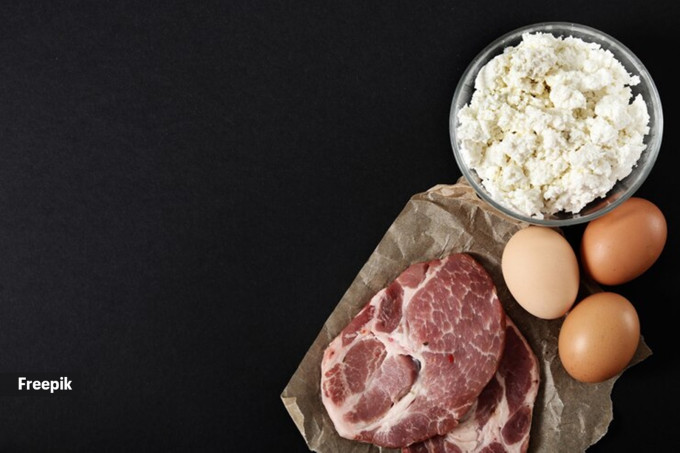Monsoon 2024: Foods you must wash thoroughly to avoid foodborne illnesses
The monsoon season brings with it a welcome respite from the heat, but it also ushers in an increased risk of foodborne illnesses. The combination of high humidity and fluctuating temperatures creates an ideal environment for the growth of harmful bacteria and fungi, making it crucial to pay extra attention to food safety.
One of the simplest yet most effective ways to protect your health during this season is to thoroughly wash certain foods before consumption. Dietician Anushree Sharma tells indianexpress.com, “Humidity accelerates the process of spoilage of food items, especially the ones that have a lot of water content, as they provide the ideal condition for the growth of microbes. These microbes damage not just the structure of food items but also make it unhealthy for consumption, as it may cause infection and other health problems.”

Kanikka Malhotra, consultant dietician and certified diabetes educator, adds that even processed foods can turn out to be health hazards. She says, “In the case of canned foods, if the can is damaged or the seal is compromised, moisture can enter and lead to spoilage. Check for signs of damage before purchasing.”
She suggests reading the expiration date and storing them according to the label instructions. “High humidity can accelerate the breakdown of packaging and increase the risk of contamination,” she states.
 Rinse meat under cold water to remove any debris. (Source: Freepik)
Rinse meat under cold water to remove any debris. (Source: Freepik)
Foods that should be washed thoroughly before cooking or consumption to avoid foodborne illnesses
Here are foods to wash thoroughly before consumption, according to Malhotra and Sharma:
Fruits and vegetables: This includes produce with edible skins like apples, berries, and leafy greens, as well as other fruits like melons and oranges, that are eaten without their outer covering.
Eggs: Wash them to remove any dirt or bacteria from the shell.
Meat and Poultry: Rinse them under cold water to remove any debris. Even after washing, it’s essential to cook meat and poultry to the recommended internal temperature to kill harmful bacteria.
Seafood: Wash fish, shellfish, and squid to remove any dirt or sand.
Nuts and Seeds: Rinse them to remove any impurities or pesticides.
Dried Fruits: Wash them to remove any dust or chemicals, and prevent the growth of microorganisms.
Herbs: Rinse them to remove dirt and pesticides. This includes herbs like coriander leaves, mint, basil, etc.
How to effectively remove harmful bacteria and pesticides
Malhotra suggests following these steps:
-Make sure to properly rinse the food under cold running water.
-To remove dirt and pesticides from fruits and vegetables with tough skins, use a vegetable brush.
-Pesticides can be eliminated from some vegetables by soaking it in a vinegar or baking soda solution.
-Peeling fruits and vegetables can help remove the outer layer, which may have more pesticides, if at all possible.
📣 For more lifestyle news, click here to join our WhatsApp Channel and also follow us on Instagram
Disclaimer: The copyright of this article belongs to the original author. Reposting this article is solely for the purpose of information dissemination and does not constitute any investment advice. If there is any infringement, please contact us immediately. We will make corrections or deletions as necessary. Thank you.

